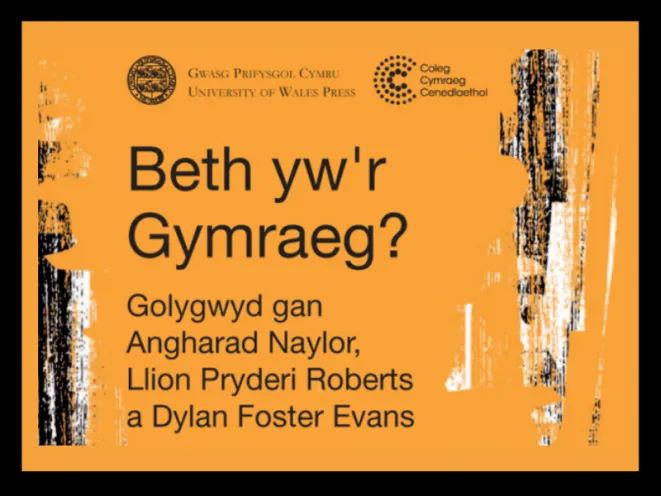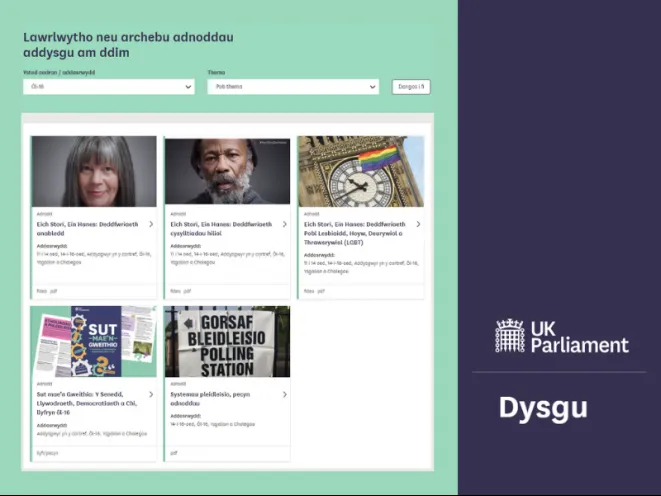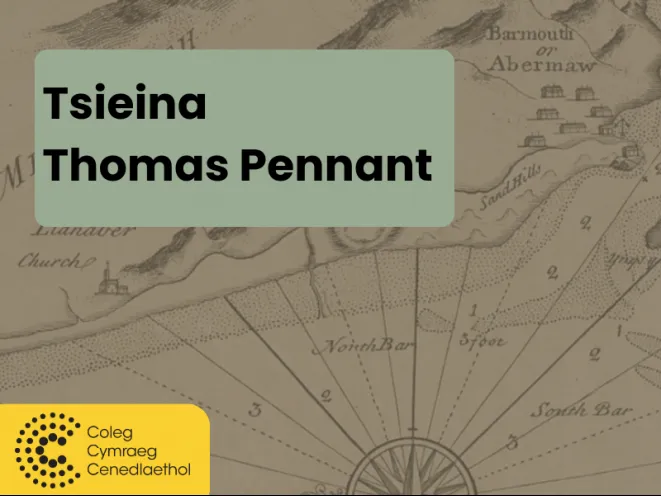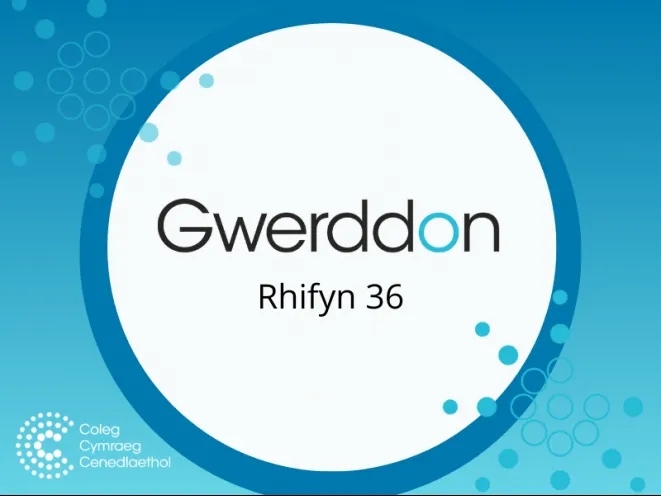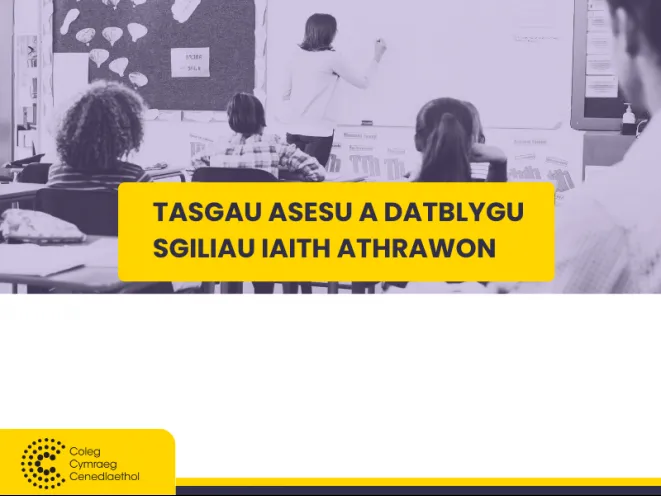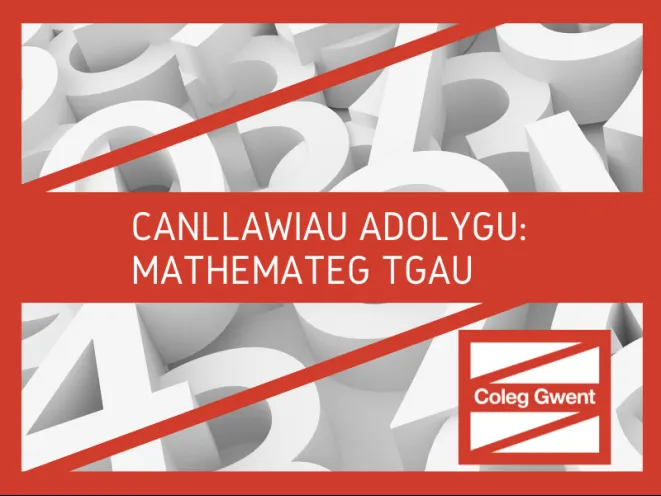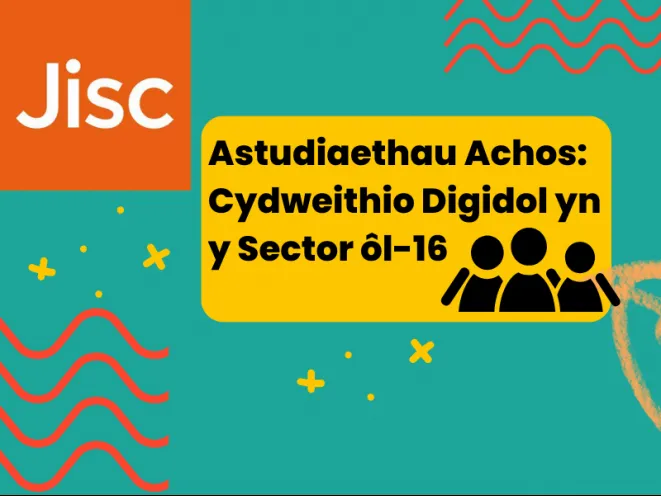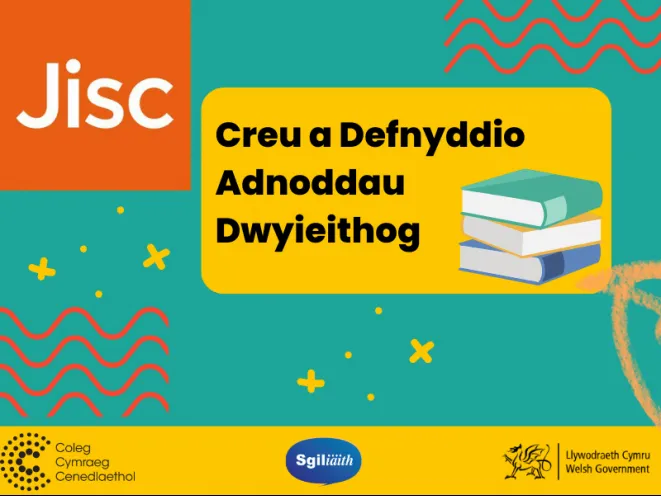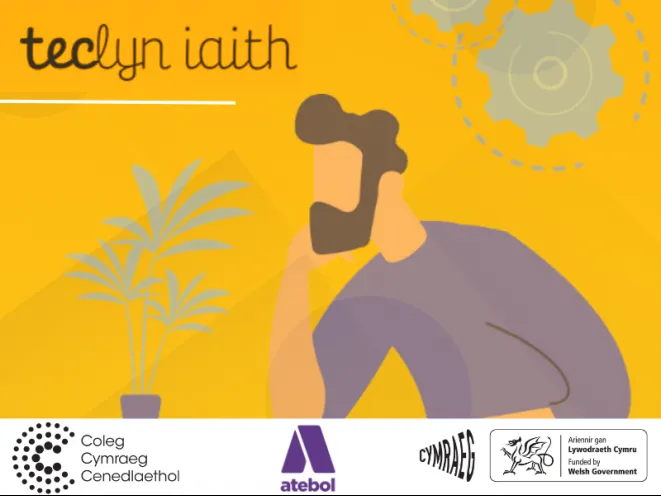An appealing, contemporary volume presenting an accessible introduction to the discipline of the Welsh language, edited by lectures at the School of Welsh, Cardiff University; Dr Angharad Naylor, Dr Llion Pryderi Roberts and Dr Dylan Foster Evans. It presents the richness, breadth and passion of the language as an academic discipline, and will motivate interest and curiosity in familiar and new fields - such as language, literature, language sociology, literary critique, culture and inheritance and creative writing. Online Open Access (link below) Also available to buy as a paperback on the University of Wales Press website or in your local bookshop.
Beth yw'r Gymraeg?
UK Parliament: Learning
A website from the UK Parliament: Learning that offers online bilingual teaching resources for learners from the age of 5 to post-16 and beyond. The resources introduce and deal with topics across the UK curricula; including elections, debating, British Values and the work and role of the UK Parliament in our democracy.
Thomas Pennant's China
This material presents an account of China by naturalist and traveller Thomas Pennant (1726–98). The work forms part of Pennant's multivolume manuscript 'Outlines of the Globe', kept at the National Maritime Museum.
Water and Power in the Chubut Valley: challenges and conflicts around the establishment and management of an i...
The aim of this article is to construct the history of the irrigation system in the Lower Chubut Valley created by the Welsh settlers that arrived in Patagonia (Argentina) in 1865, which complicated the relationship that existed between this infrastructure and the ever-changing sociopolitical framework. This will involve focusing on the institutions that the Welsh settlers themselves established and the conflicts that arose between them and the Argentine state, which took over the administration of irrigation in 1943. Emphasis will be given to the agency of water within the process that led to reinforcing and growing the irrigation infrastructure, and attention will also be given to the symbolic dimension of the objects that constitute this infrastructure, thereby enabling a reflection on their changing meanings. Author: Fernando Williams
Reading and writing Y Wladfa’s past: disputes on the history and memory of the Welsh settlement in Chubut
The aim of this article is to analyse the different readings available regarding the history of the Welsh settlement within official narratives of the past in Chubut Province, Argentina. This not only includes the products of the provincial state, but also those of other actors in Chubut society, including the Welsh community itself. In order to do this, the analysis will focus on interpretations produced over three periods: firstly, between the 1930s and 1955, when Chubut was a national territory; secondly, a portion of the first years of the existence of Chubut Province between 1958 and 1975; and finally, between the 1980s and the present, with particular attention given to the celebrations of the hundred and fiftieth anniversary of the landing of the first settlers in 2015. The changes observed between different historical narratives, as well as the elements of continuity between them, are also considered. Throughout these three periods, it is shown that official narratives of Chubut’s past have placed the history of Welsh colonization as a cornerstone for the establishment of the province, giving it a hegemonic role. Author: Guillermo Williams
Those without fault are yet to be born: the ‘Discourse’ and Ethics of Welsh Patagonia
The recent online public discussion about Welsh Patagonia has been characterized by a tendency to condemn the settlers from Wales on moral grounds. This article takes on this debate, weighing up how, and to what extent, it is possible for us to place Y Wladfa and its people on the scales of morality. It gives detailed attention to the writing of Geraldine Lublin and Lucy Taylor on the history, as examples of reflective, multi-layered analysis that succeeds in conveying the complexity and difficulties of the situation. Having offered this outline, Iris Marion Young’s ethical framework is applied to the history, in order to highlight key ethical considerations, following Catherine Lu’s application of the same ‘social connection’ model to Japanese colonial history. Some initial conclusions are offered about what is revealed. Author: Huw L. Williams
A paradox in the portrayal of Patagonia in post-devolution Wales. Separado! (Gruff Rhys and Dylan Goch 2010): ...
This article explores some aspects of the way in which Welsh Patagonia is represented in Separado! (2010), an experimental documentary (in terms of style) by Gruff Rhys and Dylan Goch. This portrayal exists in the context of a range of both factual and fictional Welsh-language representations of Patagonia produced since the 1940s in Wales. Through concepts derived from literary theory (Linda Hutcheon), sociology of culture (Pierre Bourdieu), political theory (Ernesto Laclau), travel writing theory (Graham Huggan and Patrick Holland; Peter Hulme), and postcolonial theory (Mary Louise Pratt), it will be possible to trace in the documentary trends present in previous representations of Patagonia, such as turning to Y Wladfa in politically challenging times in order to address anxieties regarding Welshness and the country’s past and future. Author: Sara Borda Green
Tasks to develop and assess Teachers' Language Skills
This is a collection of tasks that can be used to develop and assess the language skills of education practitioners against the Language Competency Framework for Education Practitioners. The collection includes tasks for each skill and each level within the Framework. There is a PDF booklet for each level, containing all of the tasks for that selected level. In addition, the tasks are available to download individually in the form of Word documents. If the links do not open the document in a new tab, then the document will have downloaded (look in the downloads folder on your computer).
GCSE Mathematics Revision Guides
Revision guides kindly provided by Coleg Gwent to assist students and learners sitting Maths GCSE exams. There are separate guides for the foundation and intermediate levels.
JISC Case Studies: Digital Collaboration in the Post-16 Sector
Jisc is working in partnership with Welsh Government to drive forward Digital 2030, which aims to see learning providers in Wales harness the potential of digital technology underpinned by principles of innovation, collaboration, co-production and social partnership. To support this, Jisc has sourced and developed six examples of successful collaborative initiatives using digital tools and technology in post-16 learning and teaching in Wales. We outlined the key success factors for these case studies and showed where each collaborative approach could be scaled up or was beneficial to address particular issues or subjects. As a whole, these case studies offer an insight into the exciting possibilities opened up by collaboration within and across sectors, enabled by digital technology, when partners in a collaboration share a common vision and sustainable approach. Key themes supporting Wales’ digital ambitions The case studies can be seen as exemplars of the four key national priorities outlined in the Welsh Government’s call to action for FE institutions in December 2022: Work collaboratively to widen access to learning opportunities Develop learners’ and staff digital capabilities and confidence for learning, life and work Maximise the potential of technology to empower, enthuse and inspire learners Embed agile, resilient and sustainable approaches to delivery The case studies The six case studies encompass colleges across Wales and collaborations across FE and with sixth forms, HE, work-based learning and community learning (see Appendix 1). The digital tools and technology in use range from virtual classrooms and virtual reality technology to apps and collaboration platforms such as Microsoft Teams. In brief, the case studies cover: Digital Diamonds: an active Welsh community of practice helping practitioners and managers deliver Essential Skills Wales (ESW) Digital Literacy across post-16 education and training. Educ8 and CEMET (University of South Wales): developing virtual reality resources for work-based learning through a collaborative approach with HE and employers. Growing Comms: installing connected active learning spaces in HE and FE through cross-sector collaboration, with strongly positive impacts on learners. St David’s WeConnect: collaboration between sixth forms to provide a wider curriculum through virtual classrooms. Target Tracker: colleges working collaboratively to develop digital tools to support learners with additional needs. Urdd Gobaith Cymru and the Gwreiddio Scheme (Coleg Cymraeg Cenedlaethol): developing Welsh language skills through collaborative learning for apprentices and teaching staff.
Creating and Using Bilingual Resources
This collection includes a blog and a recording of a webinar on creating and using Welsh medium and bilingual resources that were created by JISC in summer 2021. The blog is bilingual and the webinar is in Welsh with bilingual slides. Guest contributors to the webinar included the Coleg Cymraeg Cenedlaethol (Dr Lowri Morgans, Joanna Evans, Mary Richards and Enfys Owen), Welsh Government (Gareth Morlais) and Sgiliaith (Helen Humphreys).
Teclyn Iaith (Welsh Toolkit)
This toolkit contains information about practical resources, programmes and apps that staff can use to improve their Welsh and to improve their learner's Welsh. The website is completely bilingual and suitable for everyone, whatever their Welsh language skills.

